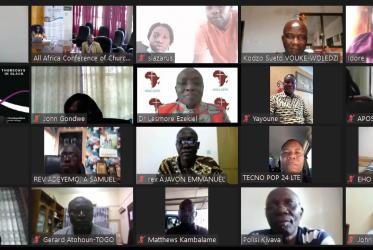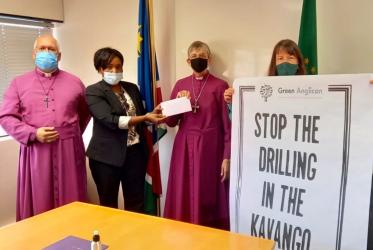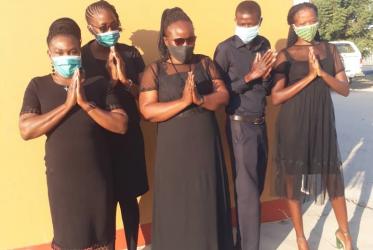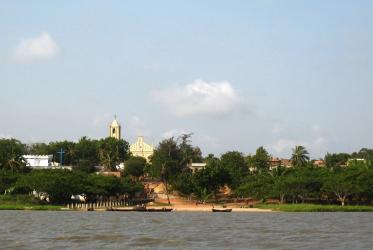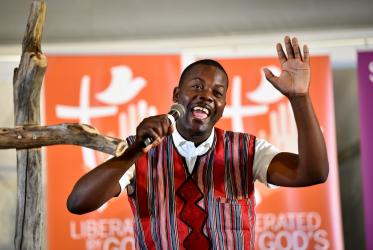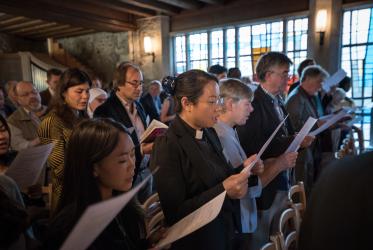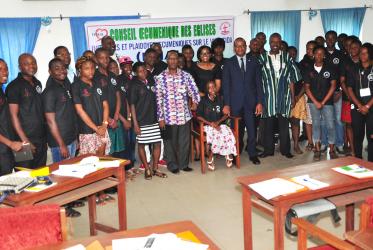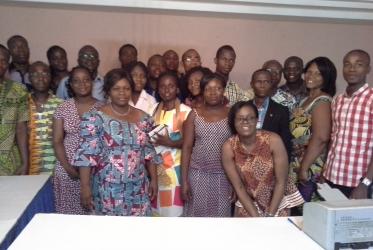Displaying 1 - 20 of 25
Thursdays in Black is growing in Namibia
20 August 2020
Young Africans are eager to grapple with challenges
09 January 2020
Young people in Togo: “Hear our voice! We want to tell our stories!”
07 November 2019
Knowledge of gender roles deepens in Togo
03 June 2019
#WCC70: Churches as “freedom agents”
12 February 2018
Churches in Togo call for peace, unity
14 September 2017
Youth engagement fundamental to HIV response
18 April 2017

